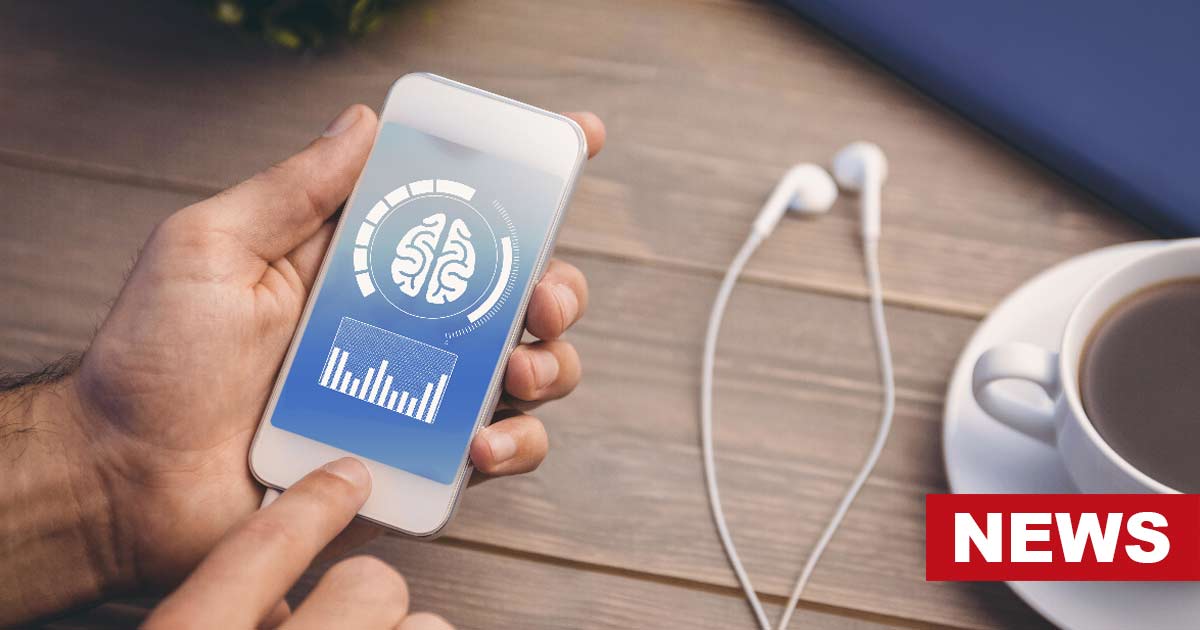The digital realm now boasts an abundance of mental health apps, encompassing an array of services from meditation and mood tracking to counseling. These apps, often marketed as solutions for issues like anxiety and sleep troubles, might appear to be rigorously tested and scientifically validated.
However, the assumption that not all mental health apps are helpful is, in fact, correct. The allure of these “health” and “wellbeing” applications is sometimes deceptive, with many potentially capitalizing on your funds and personal data, offering services that lack substantial evidence of contributing to mental health improvement.
A significant portion of mental health apps primarily employ automated systems, minimizing human involvement and circumventing the standards of care upheld by registered mental health professionals.
This divergence from human-based care raises questions about confidentiality and quality, particularly since some of these apps are not even developed by mental health experts. This means that not all mental health apps are helpful!
Incorporating artificial intelligence (AI) into these apps is a growing trend, supposedly enabling tailored recommendations for activities like meditation and mindfulness. However, the specifics of this AI integration remain elusive.
It’s plausible that these recommendations are generated based on users’ prior interactions, akin to the recommendation algorithms seen in platforms like Netflix. While apps such as Wysa, Youper, and Woebot utilize AI-driven chatbots to deliver support and therapeutic interventions, their algorithms are often shrouded in secrecy.
Despite claims of enhanced personalization, many of these AI chatbots likely rely on rules-based systems rather than adaptive learning models. This approach aims to prevent unpredictable and potentially harmful outputs but does not guarantee their absence. AI in mental health apps introduces risks of bias, discrimination, and misinformation, concerns that remain insufficiently investigated.
Mental health apps do offer potential benefits if thoughtfully designed, rigorously vetted, and properly deployed. Nevertheless, they should not replace professional therapy tailored to conditions like anxiety or depression. The clinical efficacy of automated mental health and mindfulness apps remains uncertain, with scarce evidence supporting their effectiveness.
Some apps bolster their claims with references to studies, but these references often stem from weak foundations, such as user testimonials or short-term studies involving narrow demographics.
Notably, the fine print in these apps’ terms and conditions often disclaims any commitment to provide physical, therapeutic, or medical benefits. In some cases, these apps might inadvertently exacerbate users’ symptoms by increasing awareness without offering adequate tools for addressing them.
Research on the effectiveness of these apps typically neglects individual differences like socioeconomic status, age, and cultural diversity, rendering the applicability of findings questionable.
Privacy concerns also loom over mental health apps, as data protection and cybersecurity practices vary widely. An investigation revealed that many apps fall short in privacy standards, with data collection and sharing practices raising concerns about re-identification and advertising targeting.
Moreover, most mental health apps are not subjected to the same stringent testing and monitoring requirements as medical products.
Not all mental health apps are helpful, because of which choosing a reliable mental health app requires careful consideration. While third-party rankings offer insights, they often focus on limited aspects like usability or privacy. To make an informed choice:
- Consult a medical professional for guidance on app efficacy and personal suitability.
- Verify the involvement of mental health experts or reputable institutions in app development.
- Compare third-party ratings to gain a comprehensive view.
- Test free trials but remain cautious of automatic paid subscriptions.
- Discontinue app usage if adverse effects occur.
Above all, it’s crucial to recognize that while these apps may offer convenience, they can never replace genuine assistance from qualified human professionals.




























